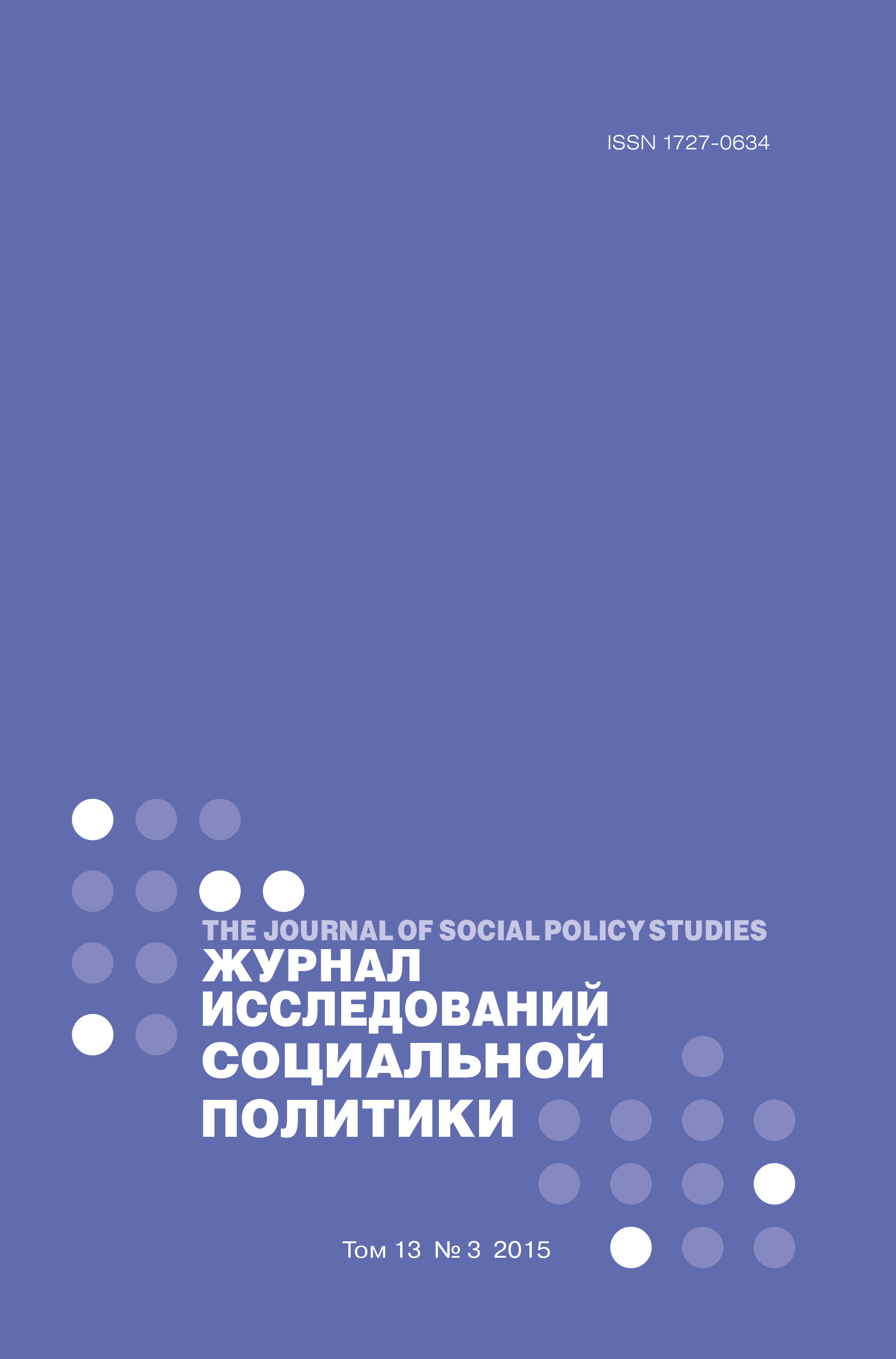Dealing with Multiple Pasts: Conflicts and Memory Politics in the Sachsenhausen Memorial Since 1989
Keywords:
Concentration Camp Sachsenhausen, Soviet Special Camp Sachsenhausen, memory politics, totalitarianism theory, Politics of Memory
Abstract
This article gives a brief introduction into conflicts over the memory of theNazi Concentration Camp Sachsenhausen (1936–1945) and the Soviet SpecialCamp No. 7 / No. 1 (1945–1950), which was built using parts of the latter. Suchconflicts evolved in the years after the collapse of communism in the GDR.Following an outline of the history of the Concentration Camp and the SpecialCamp, with references back to the controversies of the Cold War, the text considersinterpretations of the struggle since 1989 to find a reasonable assessmentof the Soviet camps. Neither the one nor the other can be trivialized, or whitewashedas a result of this comparison. This discussion looks to navigate throughsensitive questions regarding appropriate memory policies of the Nazi crimes,the involvement of a significant number of the Special Camp detainees in theNational Socialist system, a high number of deaths in the camps after 1945 andlater developments in the East German one-party state.Downloads
Download data is not yet available.
Published
2015-08-30
How to Cite
Хайцер Э. (2015). Dealing with Multiple Pasts: Conflicts and Memory Politics in the Sachsenhausen Memorial Since 1989. The Journal of Social Policy Studies, 13(3), 489-500. Retrieved from https://jsps.hse.ru/article/view/3312
Section
ARTICLES IN ENGLISH















